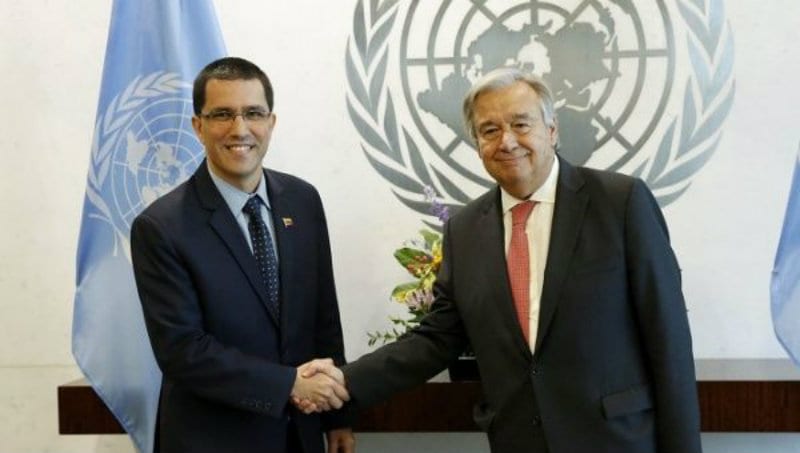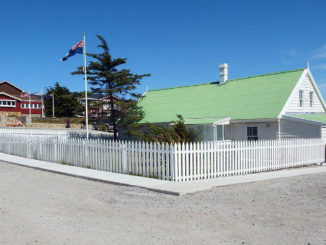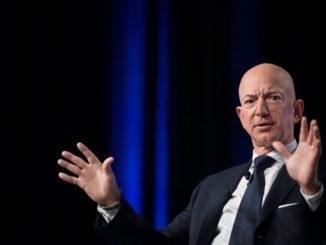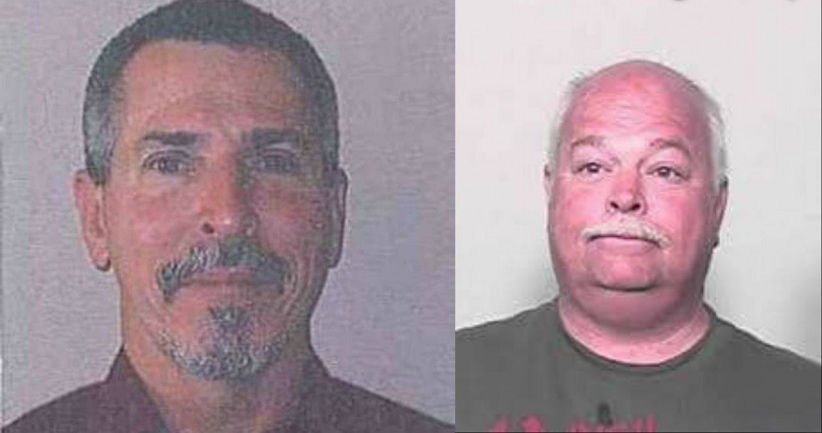
NEW YORK – The Venezuelan government has called on the United Nations to reject a U.S. military threat made against the South American country.
Venezuela’s Foreign Minister Jorge Arreaza, also described the fresh financial sanctions as threats, and called on the world body to denounce them.
Venezuela: U.N. secretary general urges government and opposition to relaunch negotiations
The diplomat fulfilled Saturday a tight agenda at the United Nations headquarters, where he talked with Secretary-General Antonio Guterres, representatives for blocs, such as the Non-Aligned Movement and the Community of Latin American and Caribbean States, and for world powers such as Russian Federation and China.
Trump threatens Venezuela with U.S. ‘military option’; Caracas calls it ‘crazy’
“Not only the Secretary General, but also the General Assembly of the United Nations – we ask you to take a stand on these unusual, anachronistic, hostile and unfriendly threats that we cannot accept under any circumstances.”
Speaking at the U.N. headquarters in New York, Arreaza said “threats” and “supposed sanctions” from the United States are “uncivilized politics”. The sanctions bar U.S. banks for making new deals with the Venezuelan government or the country’s state run oil company. Trades of existing bonds commissioned by Caracas will also be barred.
Five Venezuelans granted diplomatic asylum in Chile
Two weeks ago, US President Donald Trump suggested the possibility of a military intervention in Venezuela, a stance followed by warnings in recent weeks by Vice President Mike Pence and the recent financial sanctions announced by the White House.
Chile won’t support U.S. intervention in Venezuela, Bechelet tells Pence
“Cuba rejects these unjust and illegal sanctions which violate global law against Venezuela and the government led by President Nicolas Maduro”, said the statement.The statement, published on the foreign ministry website, added that it’s “imperative” to defend the declaration of Latin America and the Caribbean as a peace zone signed by all heads of state of the region in 2014.



